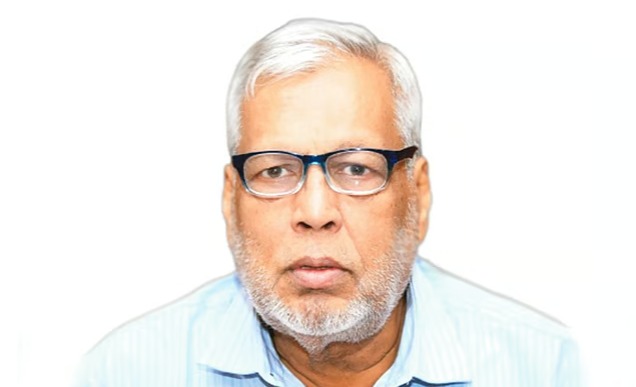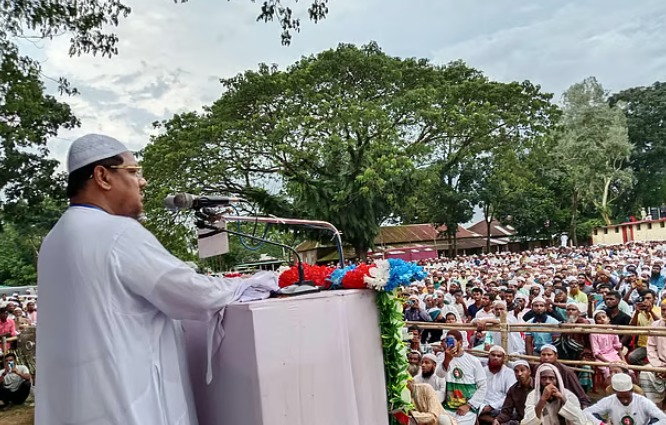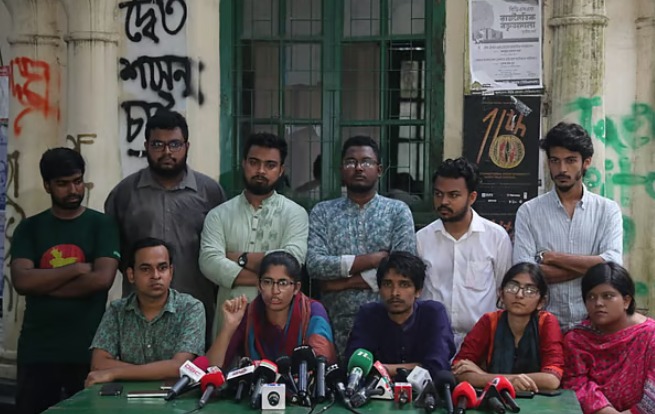Desk Report,
Electricity is a relief, gas supply is in crisis
There were widespread allegations of corruption and irregularities in the power and energy sectors during the previous government. The report of the White Paper Preparation Committee says that at least $6 billion was embezzled in the power generation sector. No action has been taken against this corruption in a year. A committee has been formed to cancel or amend the contracts of controversial power plants including Adani and Rampal.
Electricity is a relief, gas supply is in crisis
The Ministry of Power, Energy and Mineral Resources of the interim government has emphasized cost savings by reducing costs in the power and energy sector. They have already made savings in some cases. Still, the highest subsidy in history was paid to the power and gas sector in the last fiscal year (2024-25). The highest electricity was produced in the summer. This time, load shedding did not have to be done. Demand was also somewhat lower. The power sector was largely at ease. However, there was a continuing crisis in gas supply. New connections to the industry have been closed for eight months.
During the previous government, the power and energy sector suffered the most from the pressure of paying outstanding bills. It could not maintain supply. Load shedding had to be done for three consecutive years. After taking office, the interim government took the initiative to pay the outstanding bills. Initially, the Awami League government paid off $500 million in arrears to foreign companies importing fuel oil. The Awami League government has left $750 million in arrears in the gas sector. The interim government paid off all the arrears last April. The arrears in the power sector have also been largely paid off. Experts in the power and energy sector say that the most objection in the power and energy sector was to the Rapid Increase in Supply of Power and Energy (Special Provisions) Act, 2010. This act states that no decision taken under it can be taken to court. It is known as the immunity law. The previous government repeatedly extended the validity of this act and made one contract after another without tendering. There were demands to cancel these contracts. The interim government repealed the act by issuing an ordinance on November 28. However, all contracts made under this act have been kept in force. The most objection in the power sector is to the rent of power plants, which is known as capacity charge. There is no example of any power plant rent being reduced in a year.
However, the interim government formed a committee on September 5 to review the agreements made by the previous government in the power and energy sectors under the Special Powers Act. The committee is still working. On their advice, another committee was formed on January 21 to review the tariffs (prices of electricity) of power plants. So far, no agreement has been reached to reduce the tariffs of any power plant. The previous government gave consent to build 37 solar power plants under the Special Powers Act. These were canceled by the interim government. The previous government had signed an agreement with Summit to build a new LNG terminal. This was also canceled. A term sheet was signed with the US company Accelerate Energy to build another terminal, which was also canceled. The Awami League government decided to implement a fuel oil refining project with the investment of the S Alam Group, which was also canceled.
The power to set the prices of electricity and energy products belongs to the Bangladesh Energy Regulatory Commission (BERC). The previous government amended the law and gave the power to set prices to the ministry. After that, it increased the prices of electricity and gas in several rounds through executive orders. The interim government has returned the power to set prices to BERC. After that, the price of gas in the industry was increased once. The price of electricity was not increased. However, the power to set the price of fuel oil still remains in the hands of the Energy Department. Prices are being adjusted every month. The government is in trouble over gas supply. Domestic gas production is declining. Efforts are being made to maintain production by drilling new wells. At the same time, LNG imports are being increased to increase supply. Still, gas is not being supplied as per demand. There is no dynamic activity in discovering new gas. Gas has not been discovered in the sea in the last decade and a half. During the interim government, no company participated in the last tender for oil and gas exploration in the sea. The only company exploring in the sea, India’s ONGC, is leaving. That means there is no possibility of gas in the sea in the next few years. A new production sharing agreement (PSC) is being made to invite tenders. A PSC is also being created for gas exploration on land.
Power, Energy and Mineral Resources Advisor Muhammad Fauzul Kabir Khan told Prothom Alo that the problems in the power and energy sectors cannot be solved in a year. Power supply has been ensured in the summer. But the gas problem cannot be solved quickly. It takes at least three years to build the necessary infrastructure. However, the gas demand in the industry has been met by importing maximum LNG. Emphasis has been placed on gas exploration and production.
Regarding the rent of the power plant, taking measures against corruption, canceling or amending the disputed power plant contract, and the dispute with Adani, Fauzul Kabir Khan said that there is progress in these issues. The committee is working. Discussions are underway to reduce the price of electricity by amending the contract. There is also progress in discussions with Adani. Since there is no final result, it is not visible publicly. However, a lot of work is going on internally. It will take some time.




